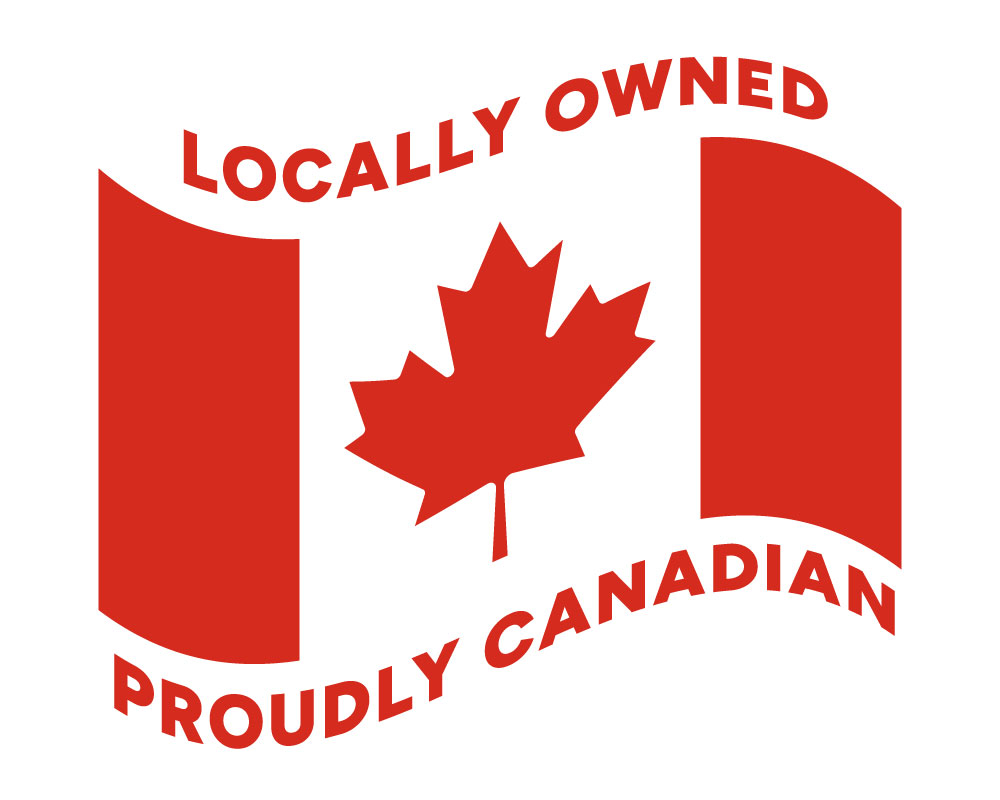
The impact of nationalism and local support on small businesses
The current surge of nationalism and growing wave of support for local merchants have united us more than the thrill of watching Team Canada chase Olympic gold. It’s heartening to witness so many people rallying behind the local economy by purchasing Canadian products and supporting Canadian businesses.
However, as we embrace this movement, we must remain mindful of the unintended consequences that could inadvertently harm the very businesses we seek to uplift.
While it is important to direct consumer frustration, particularly surrounding the potential for increased U.S. tariffs, into a positive force by supporting local businesses, we also need to consider the complexities local entrepreneurs face in this shifting economic landscape.
For example, many businesses already have U.S. goods on their shelves that were purchased months in advance, well before the outcome of last year’s U.S. presidential election. It’s common for retailers to place orders for inventory — from clothing to giftware — six to eight months ahead of time. Therefore, even though the call to support local businesses is crucial, it’s important to remember that many owners have already invested in stock for the upcoming spring or summer seasons.
In some cases, businesses may be bound by existing distribution agreements with U.S. suppliers that can’t be easily terminated, regardless of changing trade dynamics. Additionally, there are businesses operating under U.S. franchises but are otherwise locally owned, employing local workers, paying local taxes, and sourcing from local suppliers. For these owners, the stakes are high, as their livelihood and the livelihoods of their employees depend on navigating these challenges.
It is easy to make a blanket statement rejecting American-made products and brands, but such shifts don’t occur overnight. Supporting local businesses is a commendable goal, but it’s essential to understand the realities that small business owners are up against. Take the time to ask about the origin of products in your favourite local store. Inquire when those products were purchased and whether the business will continue sourcing from the U.S. Moving forward, as the months pass, you will begin to see fewer U.S. goods on shelves and racks.
We encourage consumers to engage in thoughtful conversations with local business owners, listen to their challenges, and avoid hasty judgments. If you’re concerned about the origin of a product, ask the store owner for insight into their purchasing decisions. Supporting local businesses means not only shopping with them but also understanding the delicate balance they must maintain in order to thrive.

